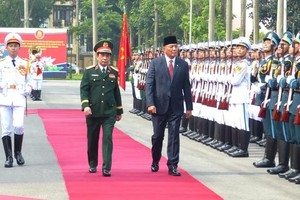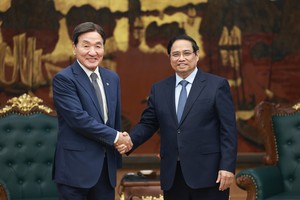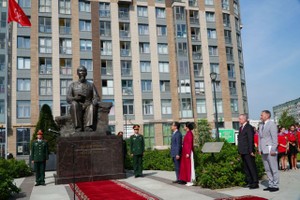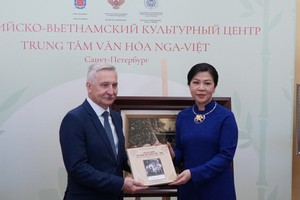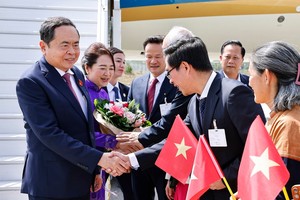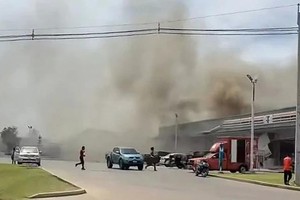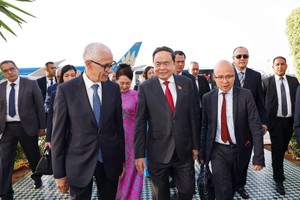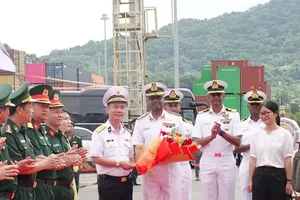Sudanese troops threatened to shoot a UN helicopter trying to evacuate Ethiopian peacekeepers fatally wounded in a landmine explosion in the disputed Abyei region, UN officials said Thursday.
UN Secretary General Ban Ki-moon protested to the Sudanese government over the delay in getting the Ethiopian soldiers to hospital which some diplomats said could have cost the lives of three peacekeepers.
Four Ethiopian peacekeepers were killed in the landmine blast in the Abyei village of Mabok on Tuesday. Seven others were wounded.
UN peacekeeping chief Alain Le Roy said one of the Ethiopians died at the scene but three others died a few hours later.
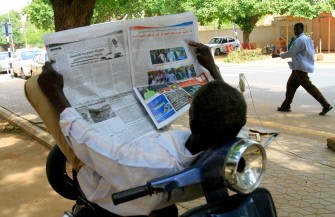
The United Nations ordered a medical evacuation helicopter from a UN base at Kadugli in the neighboring north Sudan state of South Kordofan to collect the troops. But Le Roy told reporters it was blocked for more than three hours by Sudanese troops.
"They prevented us from taking off by threatening to shoot the helicopters," Le Roy said.
Finally, the wounded troops were taken by road from Mabok to the territory's main town, also called Abyei, where they were collected by the helicopter.
"It is difficult to say exactly the impact on the lives of the peacekeepers, whether they could have been saved or not," Le Roy commented. He added that a board of inquiry has been started.
UN diplomats expressed shock at the incident however. "Our information is that this cost at least one life. This is a very serious incident," said one diplomat speaking on condition of anonymity.
UN spokesman Martin Nesirky said the UN secretary general had spoken to Sudan's ambassador to the United Nations.
"The secretary general made it abundantly clear that this was a question of saving lives and that a delay of any kind was unacceptable," Nesirky said.
"I am sure you will be hearing more about this in the coming day," Nesirky added.
The United Nations is also investigating the origin of the landmine that killed the Ethiopians, said Le Roy, a UN under secretary general. Northern Sudan is a signatory to the Ottawa treaty banning anti-personnel mines.
About 1,500 of the 4,200 Ethiopian troops that will patrol Abyei have only been in the territory for about a week.
Abyei is disputed by Sudan and South Sudan and the UN force was ordered in after the north's troops occupied the territory in May. About 100,000 civilians have fled, mainly to the south.
North Sudan's troops were meant to leave Abyei after the arrival of the Ethiopian force but have not yet started the promised withdrawal.
"The risk of a return to widespread conflict is very great," one senior Western official said of the rising tensions along the north-south border.
South Sudan declared its independence on July 9. A two decade civil war between the north and south up to 2005 left two million dead.
Sudan also threatened to shoot down UN flights over South Kordofan in June, the US ambassador to the United Nations said at the time. The north's forces are also battling fighters loyal to the south in the state. UN staff have been prevented from working in Kordofan.
